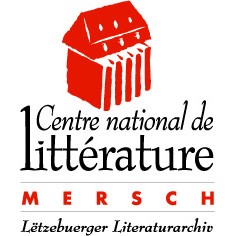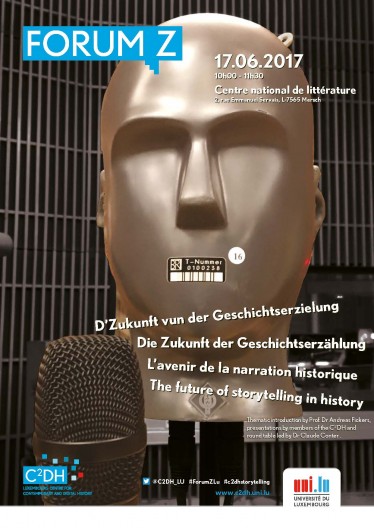From the dawn of time, humans have shared their values, traditions and life skills, together with their education, customs and the conventions that structure their relationships, by telling stories. Since the Iliad and the Odyssey (750 BC) and the Arabian Nights (8th century), narratives have proven to be one of the main categories of knowledge used by humans to understand and order the world and to develop their beliefs. This tradition is the art of storytelling.
Stories, whether based on reality or on the power of our imagination (as with myths and legends), carry an authentic message and convey information in a memorable, sometimes entertaining way, tapping into our emotions and engaging our attention, interest and curiosity both as individuals and as a community. From history to literature, from social science to economics, from journalism to communications and marketing, storytelling is a form of discourse that can be found in all disciplines, transcending political, cultural and professional boundaries.
While the art of storytelling can be traced back to the very origins of humanity, it took a new turn in the mid-1990s with the emergence of the digital age. The traditional means of storytelling – the spoken word, written texts and images – have now been replaced by multimedia approaches that engage all the senses, transporting audiences via virtual immersion to multisensory worlds that are increasingly scripted. This new narrative era raises a host of questions that deserve to be explored in more detail. How can we envisage the future of “digital storytelling”? Like children’s stories designed to help them drift off to sleep, does today’s storytelling relax our minds to the extent that we turn our focus away from more important matters? What critical instruments do we need to approach storytelling in an objective way? How do our personal stories reflect the broader story of humankind? Can storytelling bring people together? At a time when the number of storytellers seems to be increasing exponentially, is there an ethical dimension to storytelling? How can we strike a balance between message and medium, between objective and subjective perspectives, between expertise and emotion? What new methods, tools and forms of expression are used in storytelling, and how do they help improve the quality of the message?
To explore these highly topical questions in more depth, the Luxembourg Centre for Contemporary and Digital History (C2DH) and the National Centre for Literature invite you to the third ForumZ on “The future of storytelling in history”, which will take place on 17 June 2017 at 10am at the National Centre for Literature in Mersch.
After an introduction by Prof. Dr Andreas Fickers, Director of the C2DH, on the current issues and future challenges facing storytelling in history, members of the centre will briefly describe the innovative projects and experimental methods that they are currently developing in this field. The floor will then be opened to the public for a discussion moderated by Dr Claude Conter, Director of the National Centre for Literature.
Join the discussion on Twitter:
@C2DH_LU #ForumZLu #c2dhstorytelling
Free registration (recommended, but not mandatory) via Eventbrite





